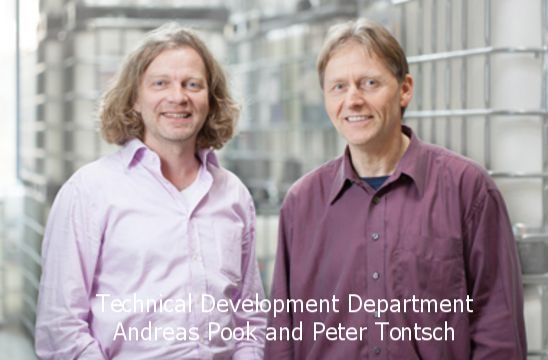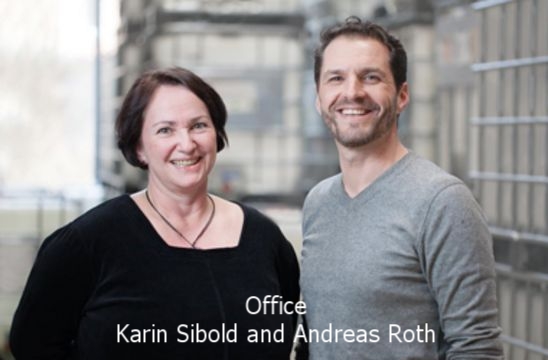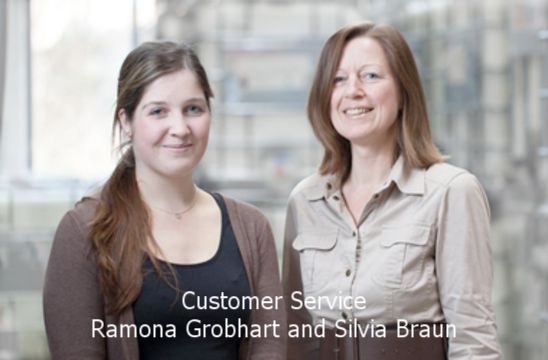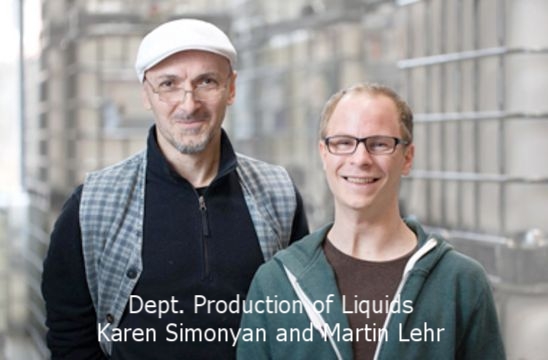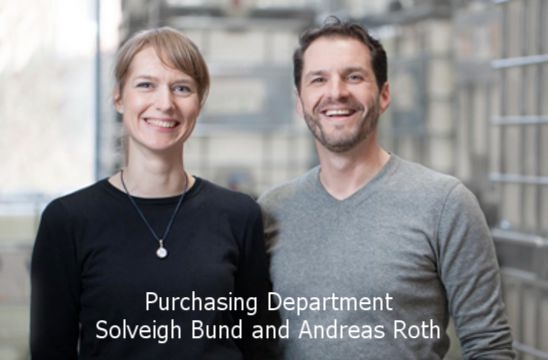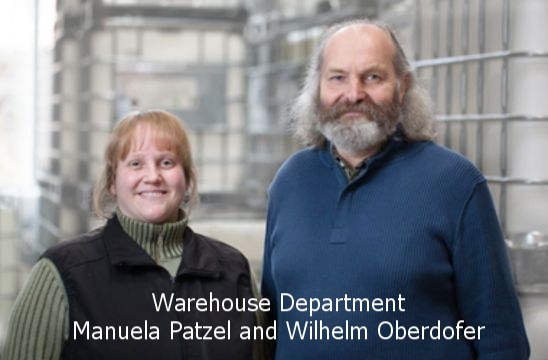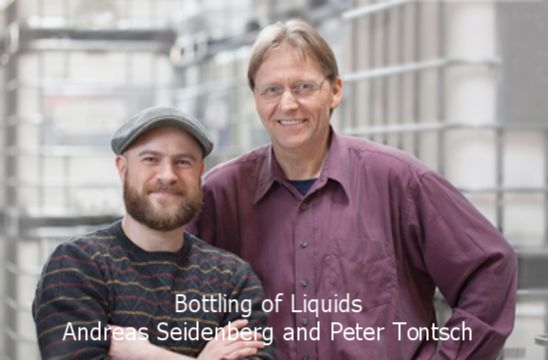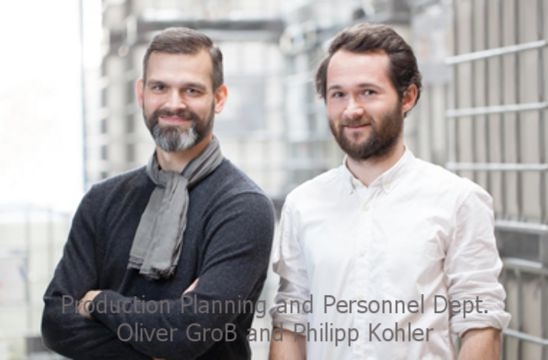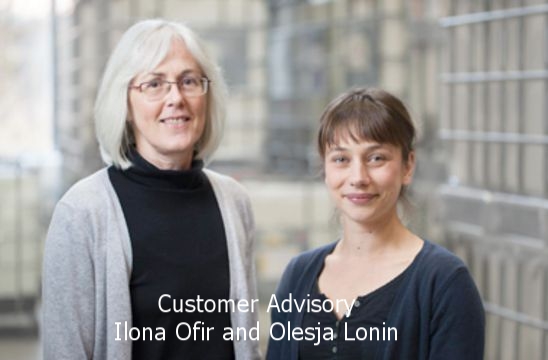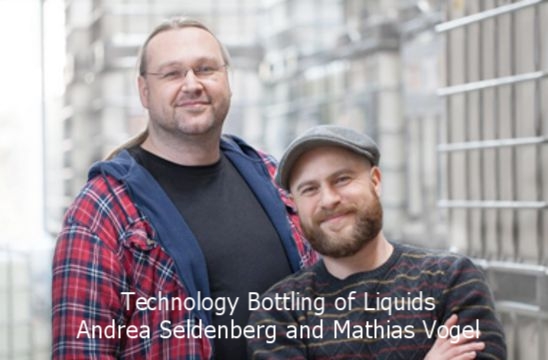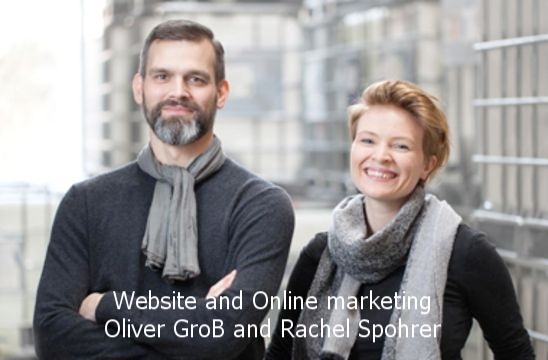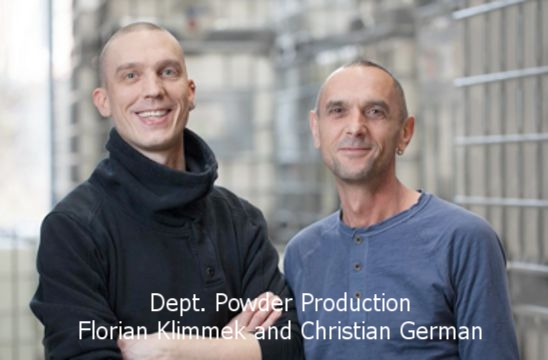Cooperation at Sonett
Apart from ecology, the social orientation on all levels is one of Sonett’s central concerns and also the basis of our economic success.
We consider the basis of our social responsibility understanding that in today’s business life it is cooperation and mutual support that count rather than competition and one’s own interest. At Sonett, respect, social interaction, promoting exchange, and supporting individual development are looked upon as part of our corporate culture, thus being the basis for the cooperation at the company.
In our plant, we hold regular meetings knowing from experience that we can only do justice to our partners and male and female employees if we treat them as human beings and not as office-holders and recipients of orders. Only then is it possible to cooperate in a climate of understanding and the wish to reach an agreement.
Sonett’s Management
At Sonett, management is not thought of as “top-bottom” but rather “inside / outside”. Inside has to be regarded in a multidimensional way, however. Inside, in the centre, professional competence is combined with corporate identification.
A further central quality is the need of reciprocal complementation and cooperation. This includes the continuous working on the shared objectives and on understanding the spirit of Sonett.
Consequently, Sonett’s management is structured in circles. The centre is formed by the executive management; every two weeks meets the extended executive management, a group of 6 employees who feel strongly bonded with Sonett and have managerial responsibilities. In this meeting, all fundamental issues of the plant are being discussed and developed.
The third important management circle is the conference of the heads of departments.
The heads of departments are also organised, where possible, in partnership-based way. Responsibilities for development projects are set up at interdepartmental level.
More and more we are getting away from assigning offices and titles. The decisive point is who will take the initiative and responsibility in a given situation and with whom will he do so. Therefore, said management circles act more and more as framework only, in which we have to become aware of the tasks to be tackled.
Executive Management
Since 1992 Beate Oberdorfer, graduated food chemist (Dipl. Lebensmittel-Chemikerin), and Gerhard Heid, business graduate (Dipl. Kaufmann), are jointly at the head of the Sonett company. For us modern corporate management means to work together as partners in the spirit of our company. This includes intensively cultivating meetings, making the decisions on a consensual rather than on a hierarchical basis, or at least striving to do so, no matter which sector of the company is concerned, thus making certain that people are convinced of what they are doing. Our continuous work on Sonett’s guidelines and initial impulses serves as essential basis towards this end.
Extended Management
The Extended Executive Management – a group of 6 employees who feel strongly bonded with Sonett and have managerial responsibilities in several sectors – meets twice per month. In this Extended Management all basic issues regarding the company are jointly discussed and developed.
The Departments at Sonett
In most of the cases, the Heads of Departments are organized in a partnership-based way. They form the third important management circle: the Conference of the Heads of the Departments. Managing the sectors as partners opens up space for reciprocal complementation and development. The principle of cooperating out of conviction offers the possibility to jointly find solutions which are appropriate to a given situation.
Equal opportunities for men and women, –
non-discrimination and equal treatment
Sonett has always expressly treated women and men equally, and without discrimination on account of their gender, racial or ethnic origin, religion or belief. And one of their special concerns is to foster and integrate disabled people. In addition, Sonett strives to facilitate combining family with profession by offering flexible working hours and parental leave periods.
These aims are obtained thanks to the staff’s almost equal number in female and male employees. Out of 60 jobs, 31 are held by women. The enterprise is headed by a man and woman with equal rights. The women at the level of Heads of Departments make up 40% – and this in a chemical factory in which manual labour and technology play a dominant part. In our office, 4 women with school-age children coordinate amongst themselves their working hours in which to do their part-time jobs. We pay subsidies for the kindergarten. With our approval, parental leave periods are made use of by female as well as male employees. It also happens that employees take a sabbatical and continue working afterwards fulltime. The age of the people working in the factory ranges from youngsters who have just left school, wanting to work for a few months only, and those of pensioners.
It is a pleasure for us to employ people of most diverse nationalities, at present these being America, Armenia, Bosnia, Eritrea, Ghana, Gambia, Italy, Croatia, Nepal, Nigeria, Austria, Poland, Russia and Slovenia. At Sonett we do not practice equality and equal treatment based on religion, belief or sexual orientation only, we rather consider diversity, in every respect, as enriching a lively and good working atmosphere.
It is especially the people and employees from the Lehenhof and the daily contact with them that are a delightful enrichment for all involved and enhances the mutual respect, support and appreciation.




